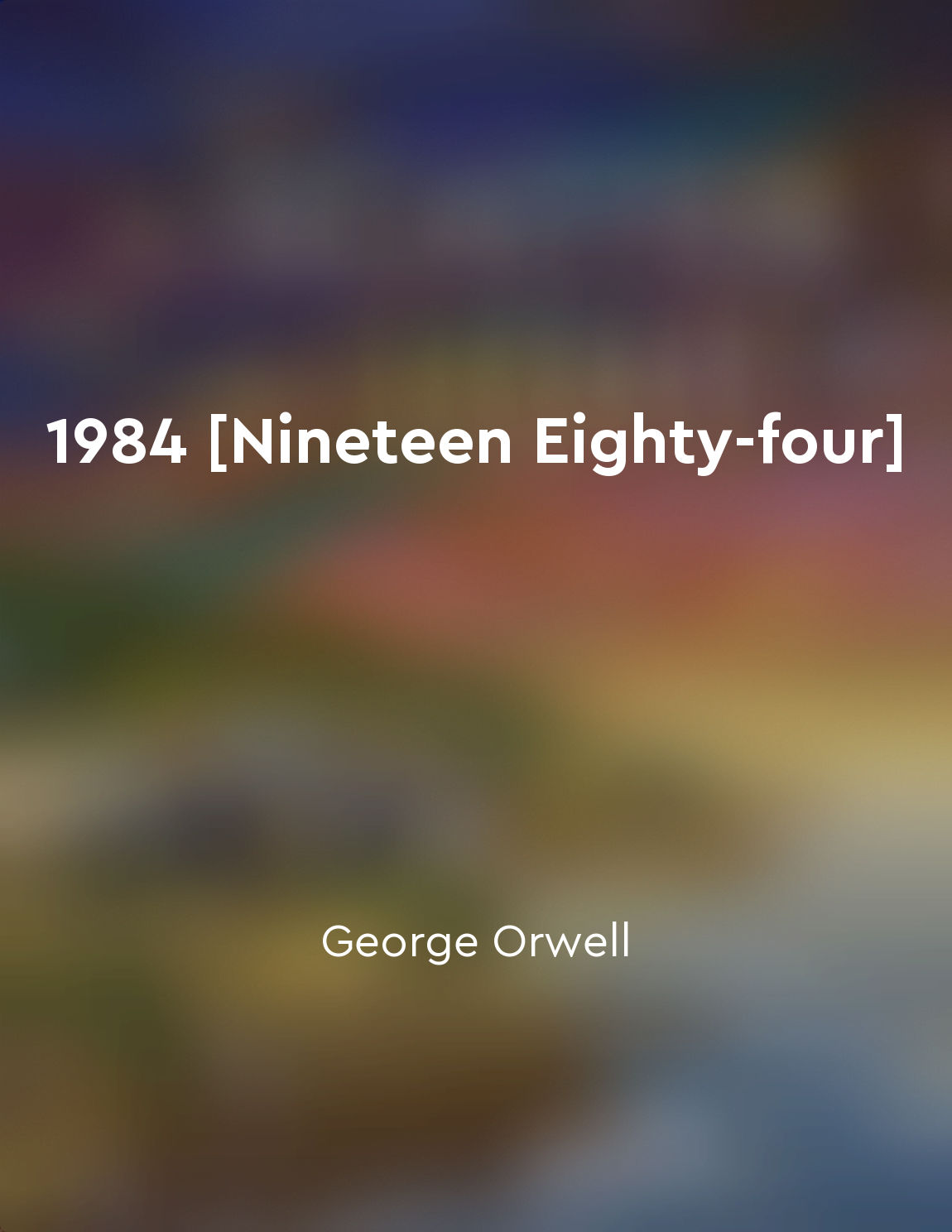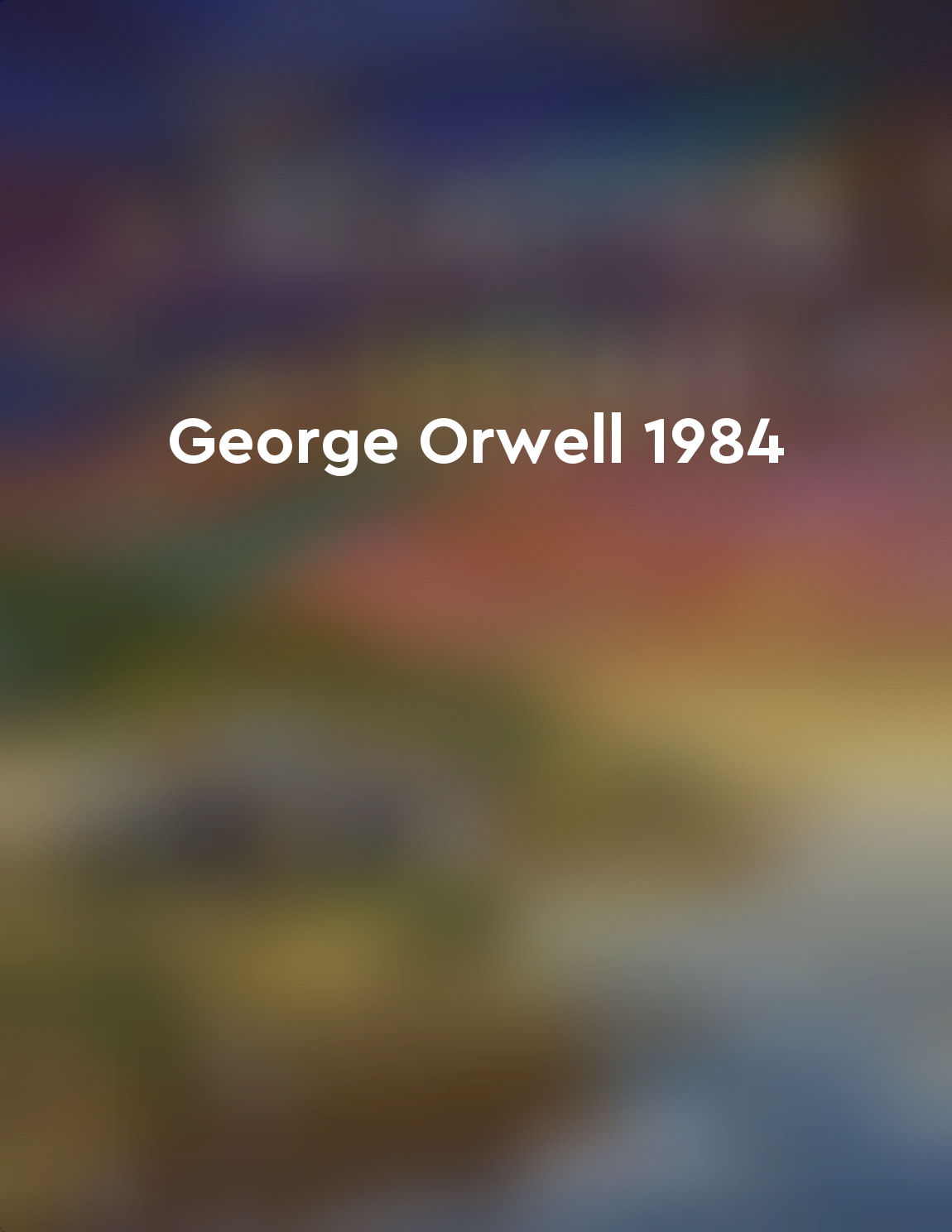Moral foundations can be manipulated for political gain from "summary" of The Righteous Mind by Jonathan Haidt
Moral foundations are the deeply held beliefs that shape our understanding of right and wrong, guiding our judgments and decisions. These foundations are not fixed or universal, but rather shaped by our culture, upbringing, and personal experiences. They serve as the moral compass that guides our behavior and helps us navigate the complexities of the world. However, these moral foundations can be manipulated and exploited for political gain. Politicians and leaders often appeal to specific moral values to mobilize support and influence public opinion. By framing issues in a way that aligns with certain moral foundations, they can rally their base and sway undecided voters. This manipulation of moral foundations can be seen in the way political campaigns are orchestrated. Candidates often use language and imagery that evoke powerful moral emotions, such as loyalty, sanctity, and authority, to resonate with their target audience. By tapping into these deep-seated beliefs, they can effectively frame their message and shape public perception. Moreover, the media plays a significant role in shaping our moral foundations and influencing our beliefs. Through selective reporting and framing, media outlets can reinforce certain moral narratives and amplify specific values over others. This can further polarize society and deepen existing divisions by entrenching people in their respective moral camps. In this way, moral foundations can be weaponized for political purposes, fueling polarization and division within society. By manipulating these deeply held beliefs, politicians and media outlets can control the narrative and shape public discourse in ways that serve their own interests. As citizens, we must remain vigilant and critically evaluate the messages we are being fed, questioning the underlying motivations and values that are being appealed to. Only by understanding how our moral foundations can be manipulated can we hope to see through the rhetoric and make informed decisions that align with our true values and beliefs.Similar Posts
Threats to global security and stability
Global security and stability are under constant threat in the world of 2030. The rise of non-state actors, such as terrorist o...
The open society is a neverending experiment in freedom and democracy
The open society is a dynamic system that constantly seeks to improve itself through the process of trial and error. It is a ne...
Ideology is a smokescreen
Ideology is a smokescreen. It's a simple concept, really. A way to distract from the truth. To create a facade that hides the r...
Solidarity among citizens is key to democracy
Solidarity among citizens is crucial for the functioning of democracy. This solidarity is not simply a matter of individuals co...
The war left a lasting legacy on international relations
The Great War, as it was known at the time, indeed had a profound impact on international relations that continues to shape the...

Proles represent oppressed working class
The Proles, a term derived from the word "proletariat," make up the majority of the population in Oceania. They are the working...
Media plays a crucial role in shaping perceptions
Walter Lippmann discusses the significant impact that media has on shaping individuals' perceptions in society. He highlights h...

Resistance embodies ultimate freedom
The act of resistance is a manifestation of the innate human desire for autonomy and independence. It represents a defiance aga...
Idea: Commercialization undermines public deliberation
The commercialization of the public sphere poses a significant threat to the quality of public deliberation. As private interes...

Detecting manipulation requires critical thinking skills
To be able to detect manipulation, one must possess the ability to think critically. Critical thinking is essential when it com...
